
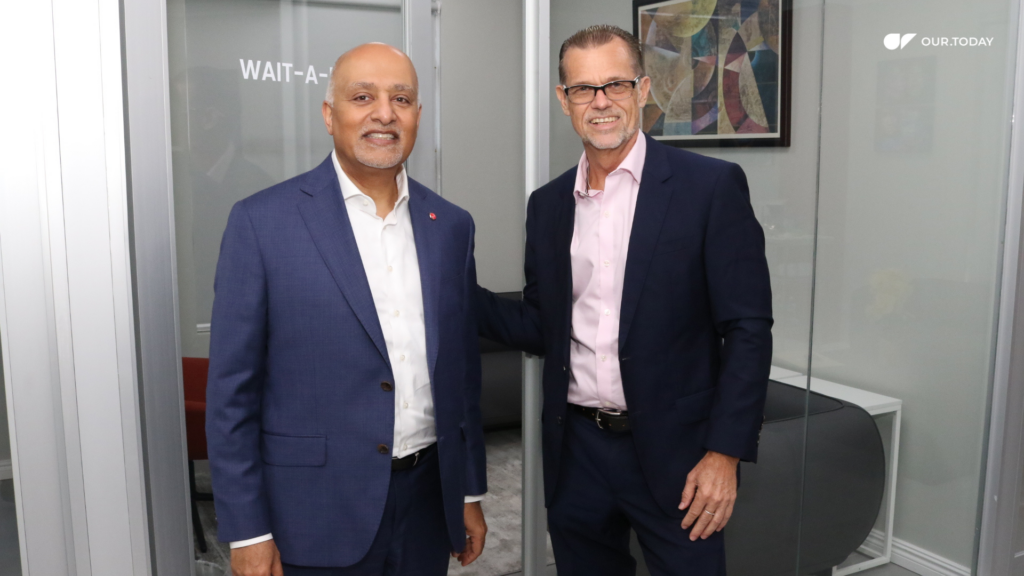
Fujitsu stands proud as one of the oldest information communication technology (ICT) companies in the world, with an 80-year history operating in the region, and a pioneer that brought many foundational technologies to the Caribbean.
The company introduced the region’s first ATMs, the UNIX operating system and bar code scanners, and played a pivotal part in enabling internet access through a partnership with Flow (formerly Cable & Wireless).
The company prides itself in using technology for good through five core areas: artificial intelligence (AI), high-performance computing, networking, data and security, and converging technologies. In servicing the region Fujitsu has evolved to offer more human-centric business solutions.
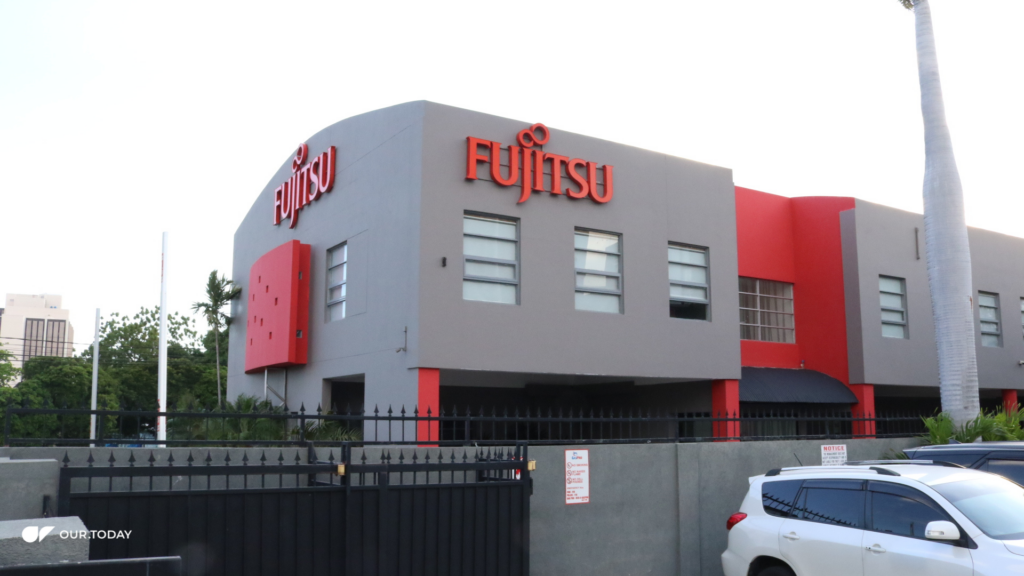
Fujitsu’s operations are heavily tied to its purpose, using technology for good and making citizens’ lives easier.
The company launched its UVANCE (universal + advancement) strategy to propel its sustainability thrust in the era of climate change and environmental protection.
As companies seek to make fundamental changes in its business practices, policies, and mindsets to achieve long-term environmental, social, and economic sustainability, Fujitsu Uvance is the company’s strategy to use data to connect multiple sectors to make cross-industry collaboration possible.
Check out the video about Fujitsu UVANCE below:
Fujitsu Caribbean CEO Mervyn Eyre says Fujitsu’s top priority for the region is building trust, looking at citizen engagement and using its technology to improve people’s lives as part of its commitment to The 2030 Agenda for Sustainable Development (SDGs).
He explained that the Caribbean’s greatest need to progress with digital transformation is not with technology but in leadership and change management.
“What we have discovered throughout the world, is digital transformation requires training six digital muscles, leadership and talent, empowering people, a data-driven culture, business integration, building the ecosystem through a co-creative approach, and a culture of agility,” said Eyre.
What differentiates us in this market is a combination of local presence where we are embedded in society, which is something I am very proud of, with our global technologies, local capabilities and massive experience and learning from doing this all over the world to make it easier for governments and enterprises to derive value from digital.
Mervyn Eyre, the CEO of Fujitsu Caribbean
Recently appointed regional CEO of Fujitsu America Asif Poonja says world thought leaders are also looking into building trust in society, AI development, sustainability and cybersecurity.
Poonja attended this year’s World Economic Forum (WEF) meeting in Davos, Switzerland, where he took part in panel discussions with AI experts and many Chief Experience Officers (CXOs).
“Among the assembly of global CXOs and other experts, everyone agrees that AI is a must but there is a lot of apprehension and concern. We looked at topics like education, usability and developing the knowledge base within organisations,” he said.
“After all of my meetings here, I can say that what Jamaica is trying to do is phenomenal and a lot of countries are not there yet,” said the Fujitsu regional CEO.
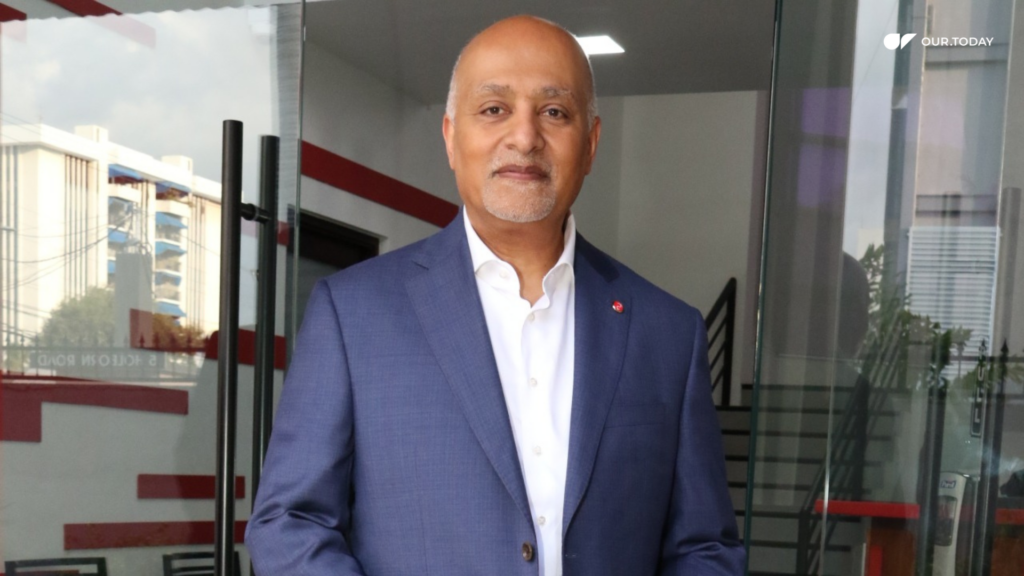
He added that although Jamaica is steady on the journey to digital transformation, one of his eye-opening experiences has been the lack of understanding of what it means to modernise a system through digitisation.
Digitisation is converting information stored in physical formats, such as paper documents, into digital data that can be stored, accessed, and manipulated electronically. For it to be accessed and manipulated, it needs to be reviewed, sorted, organised and stored digitally before developing systems for other users to then access and retrieve the information as needed. This can be a lengthy process depending on the volume of documents to be digitised.
Poonja, referencing digitising government records, explained that once data is organised, artificial intelligence (AI) can then be used to decipher the best steps forward as a society and what are the challenges that need to be addressed at the highest priority.

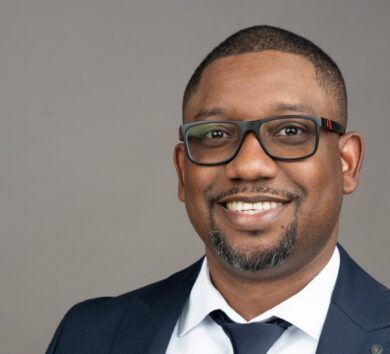




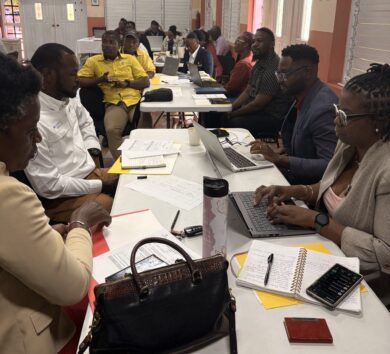
Comments